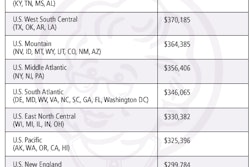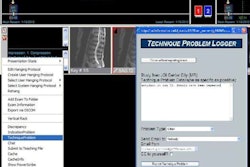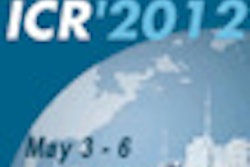The U.S. House of Representatives on Thursday approved the repeal of the medical device tax by a margin of 270-146.
However, the repeal vote on HR 436, known as the Protect Medical Innovation Act, was seen as largely symbolic, as the Democratic-controlled Senate is not expected to take up the measure, or any other bill that chips away at funding for President Obama's healthcare reform legislation, the Patient Protection and Affordable Care Act (PPACA).
The medical device tax was part of Obama's healthcare law and will apply a 2.3% excise tax on revenues derived from sales of medical devices, including imaging scanners, beginning in January. Device makers have argued that the tax will put a damper on innovation in the industry and force companies to lay off workers, a charge that supporters of the tax, mostly congressional Democrats, have denied. Yesterday's vote mostly followed party lines; however, 27 House Democrats broke rank to vote for the measure.
Rep. Sandy Levin of Michigan, the senior Democrat on the Committee on Ways and Means, told the New York Times that if the bill were to become law, "it would unravel healthcare reform."
Even with the tax, PPACA contains plenty of benefits for manufacturers, supporters maintain. For example, increasing the rolls of the insured by 30 million, as PPACA is expected to do, will increase demand for medical devices. The tax will apply to the sale of medical devices by manufacturers, producers, or importers.
The device tax is expected to generate approximately $29 billion in revenue to help fund the PPACA through 2022. Supporters of the repeal have proposed trimming health insurance subsidies for low- and middle-income taxpayers, which would generate $43.9 billion, information analysis firm GlobalData said. However, Democrats are opposed to the idea.



















